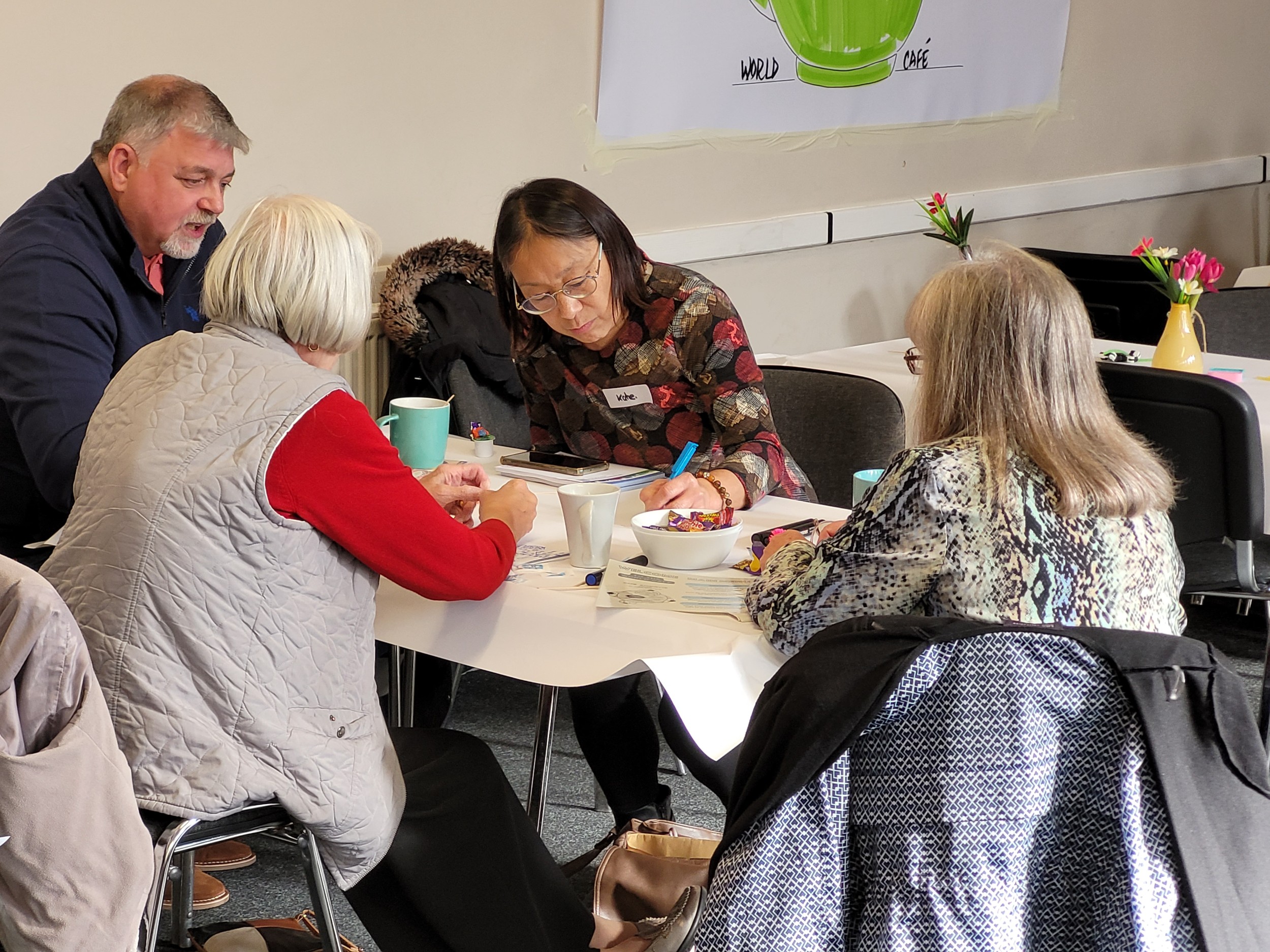Celebrations took place at Russells Hall hospital after the Trust’s world-renowned Paediatric Virtual Ward welcomed its 1000th patient in early May.
The programme, which first launched in March 2022 as a pilot at the Dudley Group NHS Foundation Trust, was the first of its kind in the NHS and country and has saved over 1,945 bed days since its inception.
With seven members of staff now part of the team leading the service, the patient capacity has doubled, with up to twelve patients now able to be placed on the virtual ward service at any given time.
In addition to this, the team have been given the ‘royal’ seal of approval and were attendees at the Royal Garden Party at Buckingham Palace on Wednesday 8th May in recognition of the incredible work they have done for patients across Dudley.
With their majesties King Charles and Queen Camilla in attendance alongside further members of the royal family, the team were invited to the day which celebrated public service members from across the country, enjoying tea and cake in the royal gardens.
Diane Wake, chief executive at the Dudley Group said “We are incredibly proud of our paediatric virtual ward and its achievements since launch. Receiving so much recognition for the innovations it has bought to healthcare across the NHS is well deserved and we’re proud to be at the forefront of utilising technology to improve patient care.”
Since being launched at the Dudley Group NHS Foundation Trust, virtual wards have since been rolled out across the Black Country, with more than 4,000 children supported to date.
Dr Ananta Dave, Chief Medical Officer for the NHS Black Country Integrated Care Board, said: “We know that being treated at home can have a hugely positive impact on patients, especially children.
“Virtual wards allow patients to get hospital-level care at home safely and in a familiar environment, and it also means they are not separated from their families, providing peace of mind for loved ones.
“Over 4,000 children have already been treated on a virtual ward in the Black Country, which means not only do they spend less time in hospital, but paediatric beds are there for the children that need them most, when they need them.”
The service has continued to share its learning and knowledge with NHS Trusts nationally, as well as internationally with healthcare companies from Delaware and Florida in the USA and Perth, Australia also taking interest.
A parent, whose son is a patient on the virtual ward said, “The Paediatric Virtual Ward is fantastic! I was so worried about taking my son home from hospital after being on oxygen, however the virtual ward let me check he was okay at home and stopped me worrying. Without this service we likely would have been back to the GP or Hospital. It allowed us to have peace of mind and we also had a great night’s sleep at home!”
Patients who are identified as needing to be monitored whilst not requiring acute care are able to return home through the virtual ward, where their family or carers can comfortably monitor and share their vitals through NHS issued Docobo tablets that provide consistent contact with the hospital’s virtual ward team.
Adrian Flowerday, Managing Director at Docobo, said, “‘We are so proud of success of this virtual ward programme and delighted that our remote monitoring technology has been able to support it. The programme is providing so many benefits to patients and clinicians - as well as benefits for parents - having children at home and knowing that they are still being monitored by a clinical team offers such reassurance.”
The team has presented the Paediatric Virtual Ward at the European Academy of Paediatrics Congress in Venice, the Royal College of Paediatrics and Child Health Conference in Glasgow and the Associated of Excellence in Paediatrics International Conference in Paris.
The Trust’s paediatric virtual ward is also a finalist at this year’s Health Service Journal Digital awards, taking place in June.


